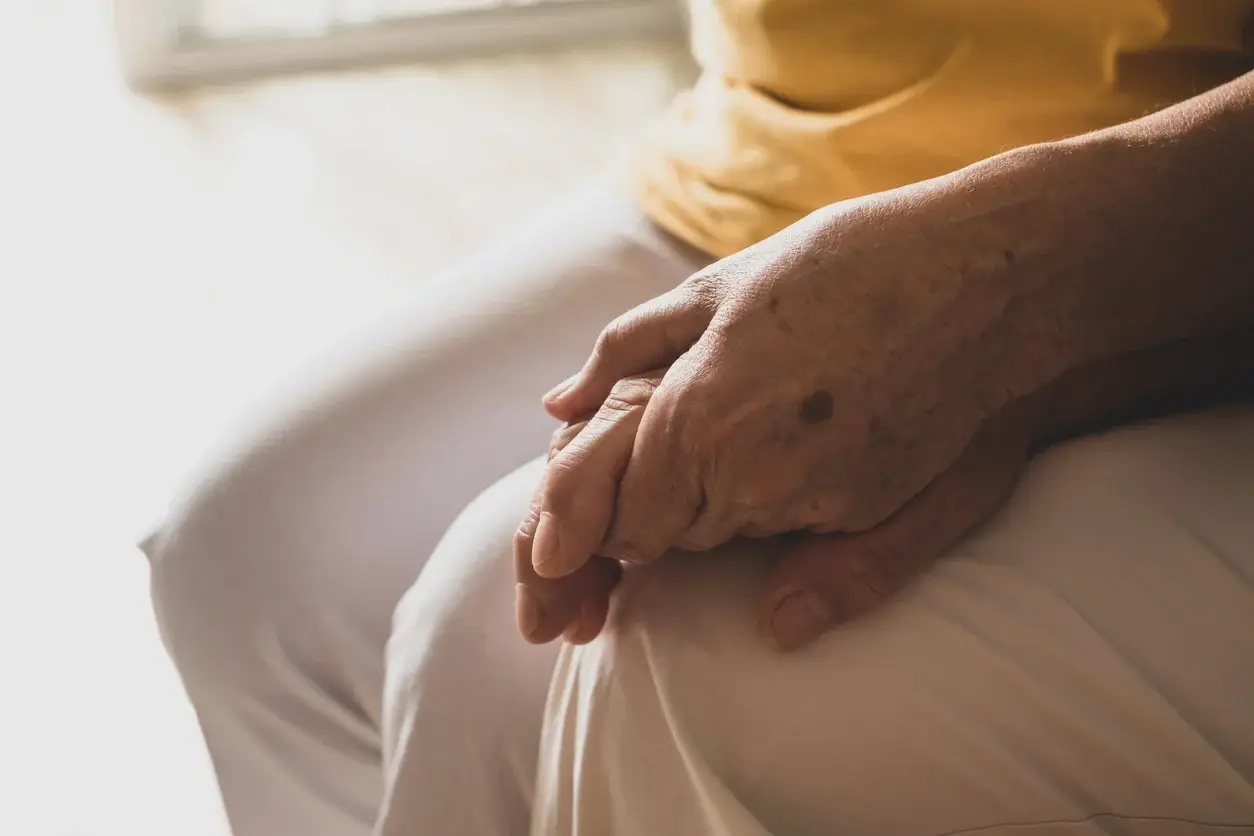Chinese Medicine, also known as Traditional Chinese Medicine (TCM), takes a unique approach to managing arthritis, rheumatoid arthritis (RA), autoimmune and inflammatory diseases by considering the intricate balance between the body, mind, and environment for personalised treatments. This holistic approach considers individual symptoms rather than simply the disease’s name. Unlike modern medicine, which often relies on anti-inflammatory and immunosuppressive therapies, Chinese Medicine offers a wide range of methods to emphasise overall well-being and lasting recovery.
What are the causes of arthritis, rheumatoid arthritis (RA), autoimmune and inflammatory disease in Chinese Medicine theory?
According to the ancient text “The Yellow Emperor’s Classic of Medicine,” diseases like rheumatoid arthritis, ankylosing spondylitis, gout, and lupus are classified as ‘Bi syndrome,’ where ‘Bi’ signifies obstructions caused by external factors such as wind, cold, and dampness affecting the body. When the body’s natural defences weaken, external pathogens can easily enter, leading to discomfort in muscles, tendons, and joints, resulting in pain, stiffness, and heaviness in affected areas. Additionally, the immune system may become hyperactive in autoimmune conditions, attacking the body itself in the presence of pathogenic factors. Symptoms like fatigue, frequent infections, or fever indicate compromised immune defences.
How does Chinese Medicine help with arthritis, autoimmune and inflammatory diseases?
In Chinese Medicine, there are various types of ‘Bi syndrome,’ namely wind bi, cold bi, damp bi, and heat bi, each characterised by distinct symptoms:
- Wind Bi: Pain that shifts, worsened by wind, and possibly accompanied by fever
- Cold Bi: Intense localised pain exacerbated by cold weather and relieved by warmth
- Damp Bi: Heaviness, stiffness and swelling in the joint(s), possibly numbness, exacerbated by rainy or humid weather
- Heat Bi: Painful and red joint(s), sensitive to touch, aversion to heat, increased thirst, and possibly accompanied by fever
Beyond the symptoms that distinguish these syndromes, the nature of the diseases is also reflected in the tongue and pulse. Chinese medicine practitioners aim to identify the specific pattern, as each type requires tailored treatment to address symptoms and underlying imbalances effectively. Acupuncture and Chinese Herbal Medicine are utilised to disperse these pathogenic factors by improving local and systemic circulation, reducing inflammation, and enhancing immune function. By providing personalised treatments to alleviate symptoms and restore balance, Chinese Medicine offers a promising approach for individuals grappling with these complex conditions.
What you can do to maintain a healthy immune system and manage the conditions:
- Avoid exposure to harsh weather.
- Keep the body warm and hydrated by drinking warm water.
- Reduce consumption of inflammatory foods such as dairy, sugar, deep-fried and processed food
- Limit the use of chemical products.
- Engage in moderate exercise.
- Have an adequate amount of rest and sleep.
- Implement stress management strategies such as breathing techniques, meditation and. cultivating a positive mindset.

